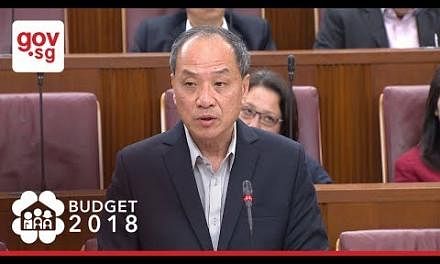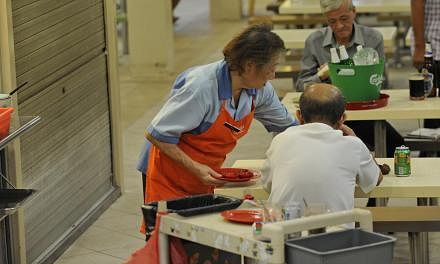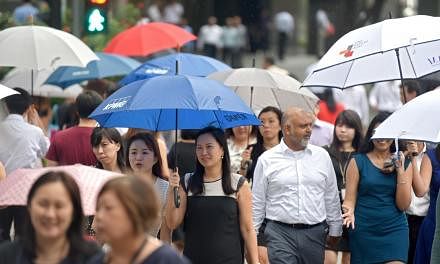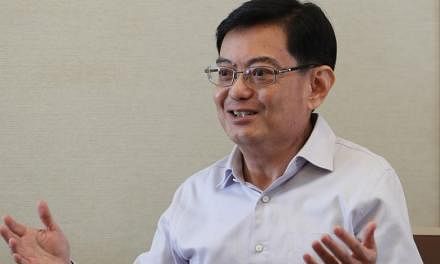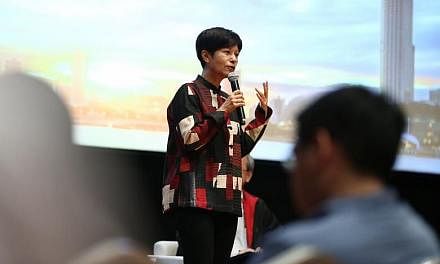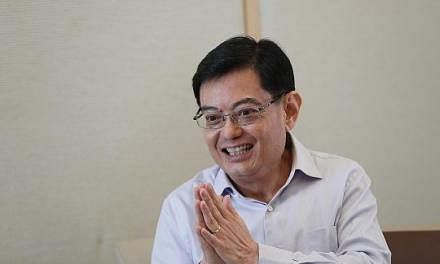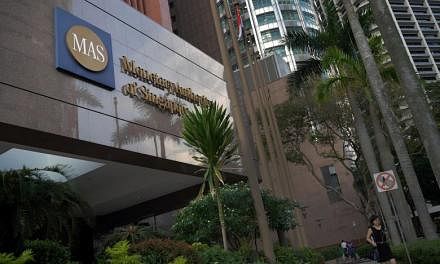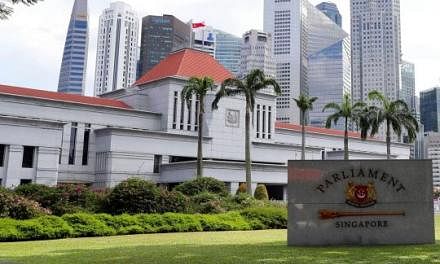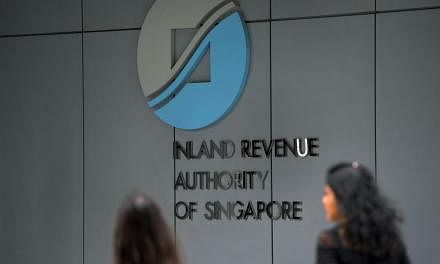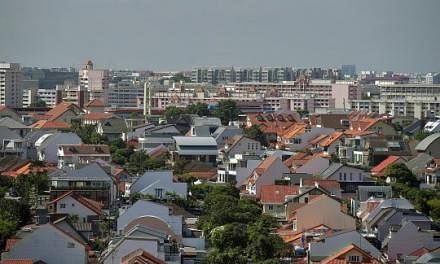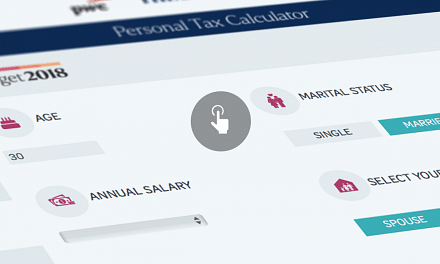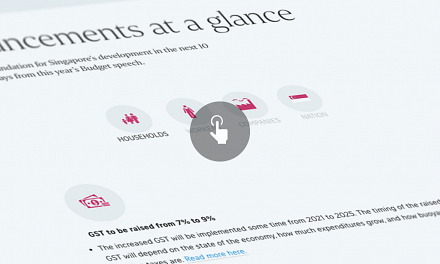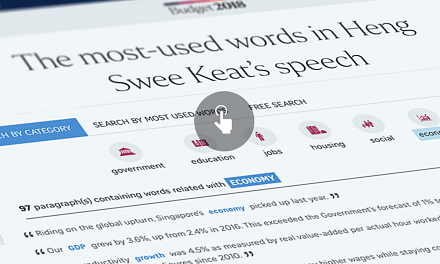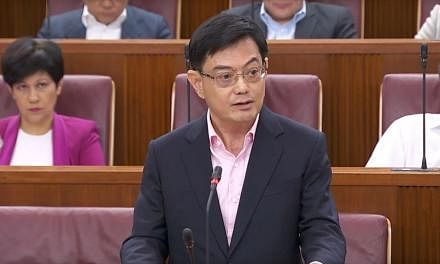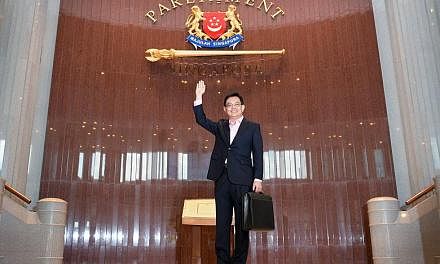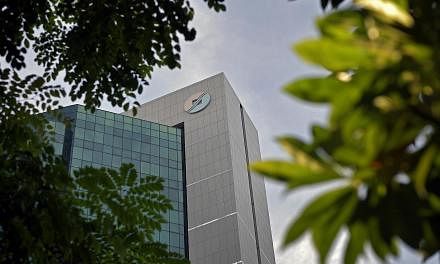A new initiative - seen by some as a replacement for the popular Productivity and Innovation Credit (PIC) scheme - has received a qualified thumbs up from the industry.
The Productivity Solutions Grant (PSG), as the new programme is called, will support up to 70 per cent of the cost of adopting off-the-shelf solutions. It joins other measures aimed at helping smaller companies, such as a higher tax deduction for commercial intellectual property (IP) licensing.
But industry watchers noted yesterday that the latest slew of grants and deductions is not a one-for-one rehash of the PIC, although more details will emerge during the budget debate.
"The PSG is a lot more targeted" in how it can be used, said Ms Boey Yoke Ping, a tax partner at accounting and advisory firm Baker Tilly TFW.
DBS senior economist Irvin Seah said: "In this regard, there is a visible shift away from an overly generous and broad-based subsidy programme... towards more specific and innovation-focused measures."
Mr Lennon Lee, tax leader for entrepreneurial and private clients at PwC Singapore, told The Straits Times that the new measures showed that "all is not lost with the end of the PIC scheme". He said: "PIC itself was a deduction scheme. The PSG has elements of giving subsidies, which will help to defray expenses. I think it's a good substitute."
The PIC scheme offered incentives for taking steps to enhance productivity with technology or innovation. These included tax deductions or allowances of as much as 400 per cent on qualifying expenses of up to $400,000.
Finance Minister Heng Swee Keat said yesterday that as the tax deduction for IP-licensing payments is back to 100 per cent, given that the PIC has ended, the deduction will be doubled to 200 per cent, capped at $100,000 annually.
Mr Lee Tiong Heng, tax partner and leader of global investment and innovation incentives at Deloitte Singapore and South-east Asia, called the new deduction "not as generous" as the one under the PIC scheme.
But he noted that "it is heartening to hear that the Government has retained some elements of support for innovation and value creation".
KPMG Singapore tax partner Ajay Sanganeria said that higher tax deductions for IP licensing and registration, as well as research and development, "are much-needed welcome enhancements with the lapsing of the PIC scheme".
"Although the raised tax deductions are less than the 400 per cent under the PIC scheme, they will still go a long way in providing support for continued innovation."
Yet, with start-ups set to get a smaller tax exemption in this Budget, some were also less upbeat on the latest grants.
"One of the biggest hurdles for us is that a lot of grants take a long time to actually clear," said Mr Carleel Zulkifli, 32, co-founder and chief technology officer of virtual-reality developer woobaVR. "The tech industry is still a time-sensitive industry."
Mr Shailesh Naik, 56, founder and chief executive of fintech start-up MatchMove, told The Straits Times that restricting grant funding to off-the-shelf solutions may be tough to swallow for "companies like ours, which are on the frontier" and looking for high-tech tools such as artificial intelligence.
On top of that, "if you aren't making profits, you can't claim against tax", he added. "Start-ups don't actually focus on profits for the first few years."

